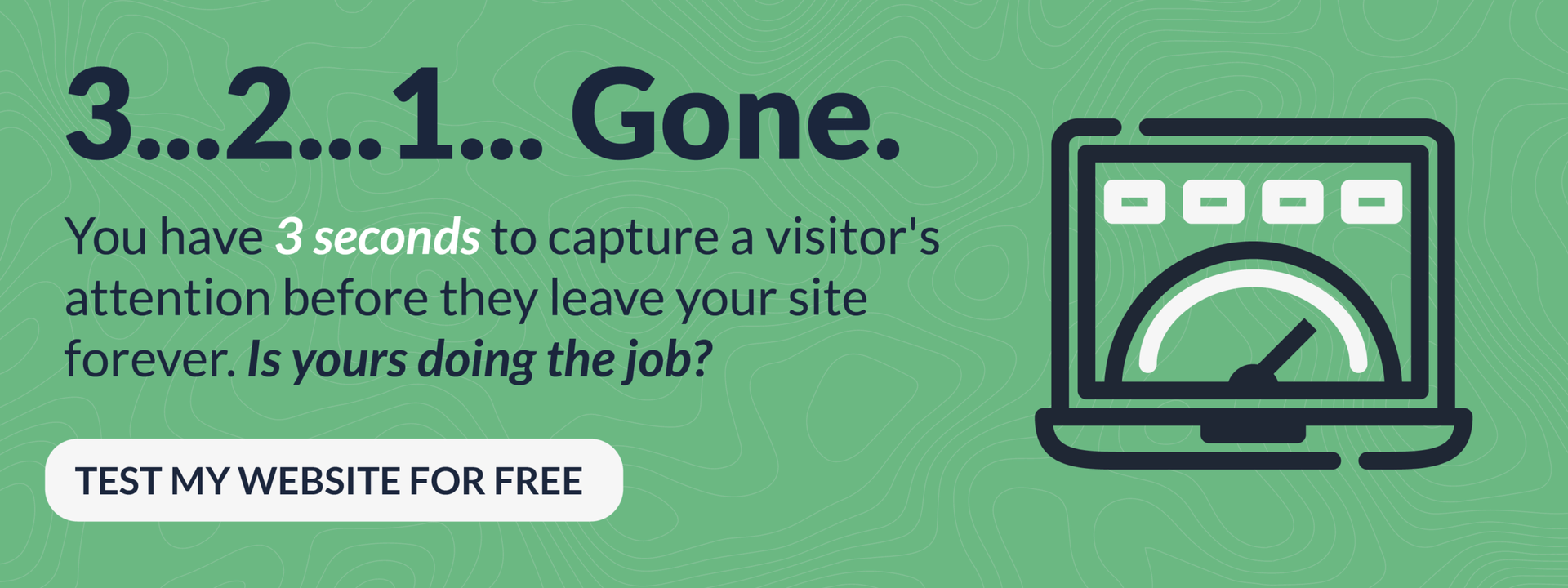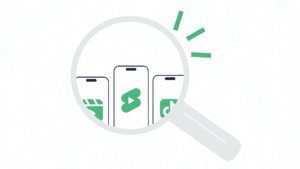Once upon a time, we all “Googled it.” From restaurant reviews to marketing ideas, search engines were our first stop. But that’s changing fast.
Today, millions of users are skipping traditional search altogether. Instead of wading through pages of links, they’re asking AI agents to find answers, summarize information, and even complete tasks for them. This shift is more than a passing trend; it’s a fundamental change in how people discover and interact with information online.
From Searching to Solving
Traditional search relies on results. You type a question, scroll through pages of links, skim a few articles, and piece together your own conclusions. It’s a process that takes time and assumes people are willing to dig for answers.
AI agents, however, have changed that rhythm. They don’t just show you a list of options; they analyze, filter, and decide what’s most relevant, delivering the result as a clear, conversational answer. That efficiency is what makes them so appealing.
Instead of researching, people are simply asking and receiving.
Platforms like ChatGPT, Claude, and Perplexity are redefining what “search” means. For instance, rather than typing “best email marketing tools for nonprofits” and sorting through a dozen blogs, users can ask an AI agent to recommend three options based on their budget, goals, and industry, and get a confident, context-aware answer in seconds.
It’s no surprise, then, that people no longer want to sift through endless information. They want quick, specific, and trustworthy solutions delivered without the extra steps.
Why It’s Happening
The shift toward AI-driven answers isn’t random. It’s happening because people are changing how they value time, trust, and convenience online.
According to Pew Research Center, when Google shows an AI-generated summary, users click traditional links only 8% of the time, about half as often as when no summary appears. That drop reflects a broader shift in behavior: people aren’t abandoning search engines, but they’re growing accustomed to getting complete answers right away.
It’s less about giving up on Google and more about changing expectations. Traditional search can feel cluttered and commercialized, requiring users to dig for what they need. AI, on the other hand, feels direct, efficient, and personal—providing exactly what users are looking for without extra steps.
Basically, we’re seeing the beginning of an era where users always expect instant, context-aware answers, which in turn decreases their incentive to do the research and make those decisions of credibility themselves.
The Click Decline and What It Means for You
This development is already reshaping how people find and interact with information online.
According to the Columbia Journalism Review, the share of Google searches where users don’t click any external link jumped from 56% to nearly 69% after AI overviews rolled out. That means fewer people are visiting the websites that actually produce the content they’re reading about.
For organizations that rely on organic traffic, that’s a wake-up call. As AI tools increasingly summarize the web for users, your goal is to make sure your content still earns visibility and trust in this new environment.
Here’s how to adapt:
- Structure your content clearly. Use headers, bullet points, and concise summaries so AI systems can easily identify and reference your key points.
- Prioritize credibility. Keep your website current, cite reliable sources, and maintain a consistent brand voice. Authoritative content is more likely to be pulled into AI results.
- Diversify your channels. Don’t depend solely on Google for reach. Strengthen email newsletters, social media, and community partnerships to keep your audience engaged directly.
- Lean into originality. AI can’t replicate your unique stories, insights, or on-the-ground experiences. Use those to stand out in a sea of generic summaries.
The takeaway? Visibility in an AI-driven world isn’t just about ranking high anymore—it’s about being trusted, useful, and impossible to replace.
Looking Ahead
AI agents aren’t just helping people find information; they’re shaping what people see, believe, and act on. That makes them powerful, and even risky. When a single answer replaces a list of options, accuracy, bias, and transparency become critical concerns. If an AI tool misinterprets data or overlooks credible sources, it can quietly distort how people understand the world.
That’s why authentic, human-centered marketing still matters. Real voices, clear communication, and verified information are what keep your message grounded in truth.
As we enter this new era, the organizations that thrive will be those that make their content accessible to AI while still preserving their humanity, using technology to inform, not replace, human connection.
Ultimately, the rise of AI agents doesn’t mark the end of search. It marks the beginning of a smarter, faster, and more intuitive way to connect people with ideas that matter, as long as we stay intentional about who and what we allow to guide the conversation. AI is changing search, but authentic human connection will always matter most. Your visibility depends on strategy. Dogwood Media Solutions specializes in SEO and storytelling that ensures your brand stays relevant in every search format. Contact us to learn more about future-proofing your online presence.




